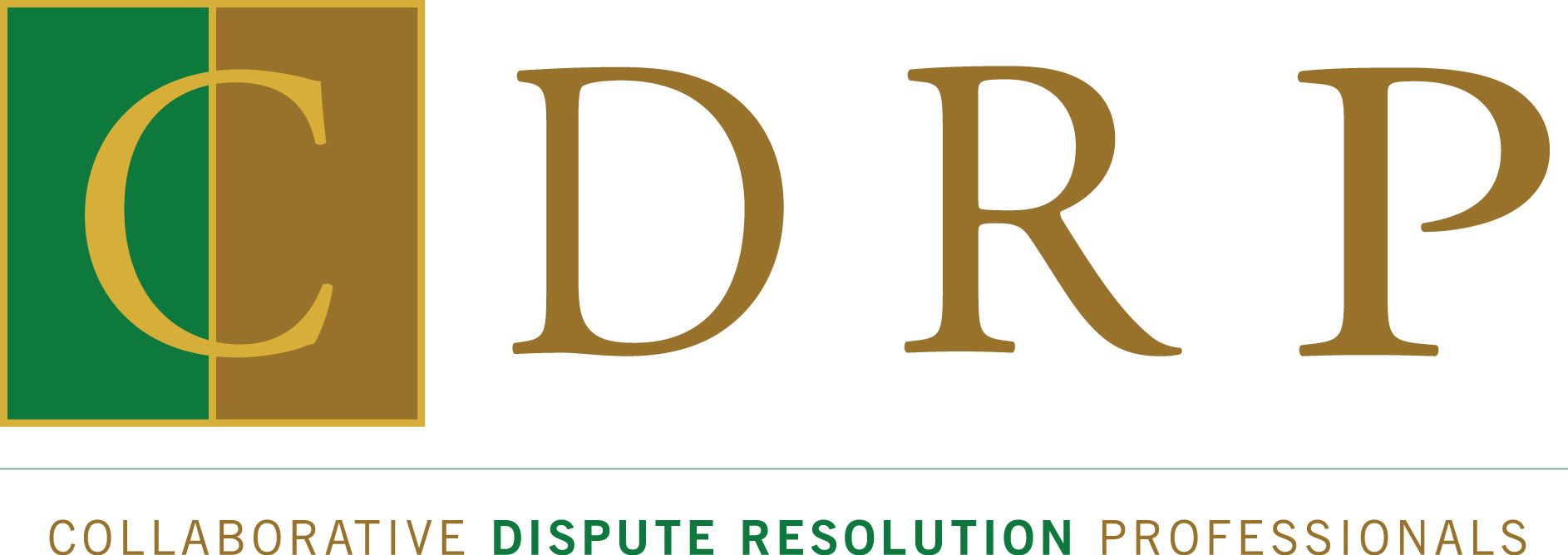
There is a moment after one realizes that she is ready to divorce her spouse, or after one realizes that he is ready to divorce his spouse: you stop and wonder what, besides uncertainty, lies ahead. After 30 years of representing people in the process of divorce, I know that most have misconceptions and fears about what divorce is going to do to them and–in many cases– to their family. But I know that traditional divorce is generally unnecessarily disruptive, opaque, and painful. I am convinced it does not have to be as bad as has typically been the case. What if you had a chance to choose a divorce process designed to produce the best outcome for you and textured for your family and circumstances, without having to go to court? Experience has taught me that most people would prefer this if it was presented to them as an option, especially those who have been through a nasty divorce and just wish they could go back and do it differently.
When I started practicing family law, I devoted myself to learning divorce law and litigating cases because those were the only tools I knew about. I learned that lawyering-up and litigating is very seldom the best way to get a good result for my client in a divorce. Why put yourself in the hands of a judge, even a skilled one, who makes lasting decisions in an adversarial environment for you and your family when all they have to go on is what they hear in court? Sad, but true, was Danny DeVito’s line in the movie, “The War of the Roses,” when he said, “There is no winning! Only degrees of losing!” But he was talking about the traditional approach to divorce.
There is a better way: Collaborative Law. In the Collaborative Law process, in contrast to submitting to the uncertain vagaries of a judge’s unilateral decision, you and your spouse have significantly more control over determining–in the course of the divorce process–the arrangement of your life on the other side of divorce. The collaborative law movement was born in reaction to all that is wrong and ill considered with putting divorce into the adversarial, legal system in the first place.
My first collaborative divorce was in 2002. I have been representing clients in prenuptial agreements since 1991. I handle cases involving complex property division, surrogacy agreements, as well as custody and support issues. I am a former civil mediator for the District Court of Montgomery County and facilitator for the Montgomery County Circuit Court’s Family Division.
Contact Information
Member Name: Judith A. Mustille
Firm Name: Smith Mustille LLC
Phone: 301-424-1720
E-mail: [email protected]


